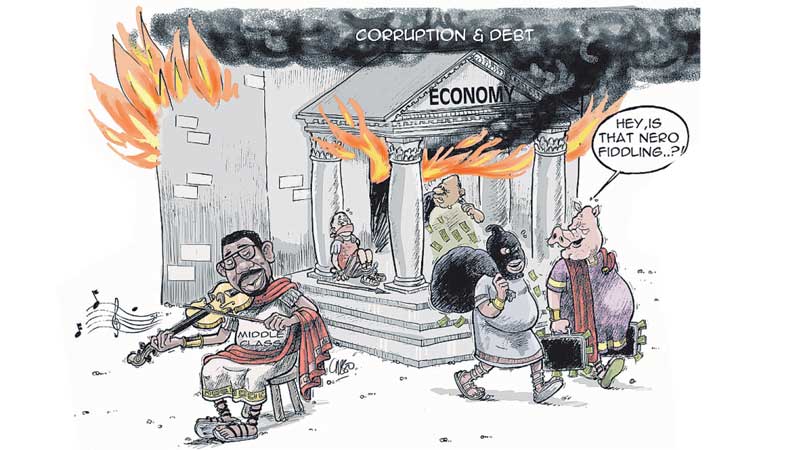×
The Standard e-Paper
Stay Informed, Even Offline

Economic policy makers in any civilized society by default appreciate the centrality of consumer spending in the economic output at any given time. By tracking consumption habits within the economy, decision makers are able to gain important insights about any shifts in economic activity within the country. Besides, consumer spending creates majority of jobs in any given economy be it in manufacturing, ICT, agriculture, transport or wholesale and retail outlets.